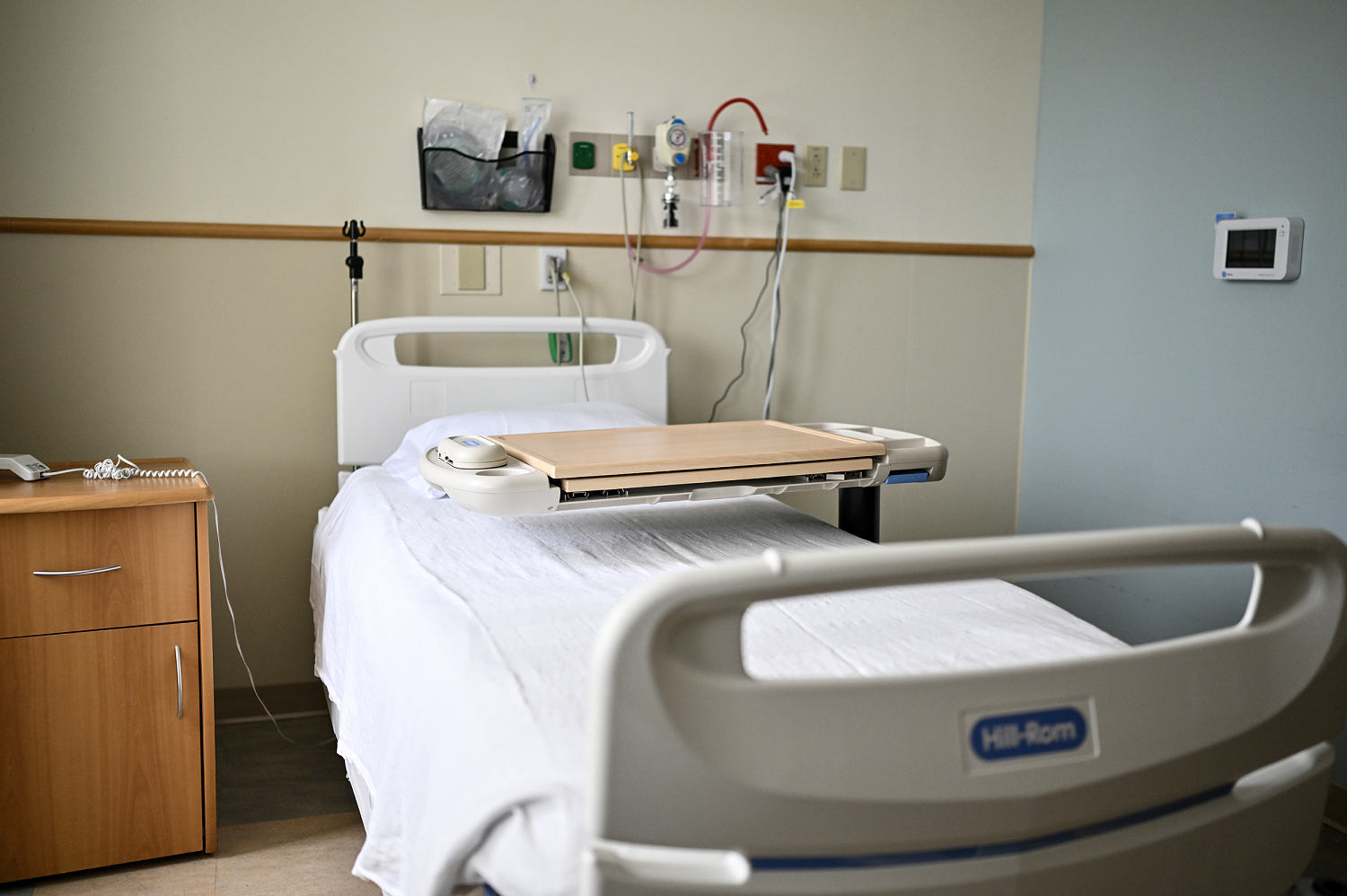What a study found about emergency Medicaid spending that's partly fueling the shutdown
NegativeHealth

A recent study highlights how emergency Medicaid spending is contributing to the ongoing federal government shutdown, as Republicans advocate for significant cuts to the program. This situation is critical as it not only affects healthcare access for many but also reflects the broader political tensions surrounding budget allocations. Understanding the implications of these proposed cuts is essential for grasping the current state of healthcare funding and its impact on vulnerable populations.
— via World Pulse Now AI Editorial System